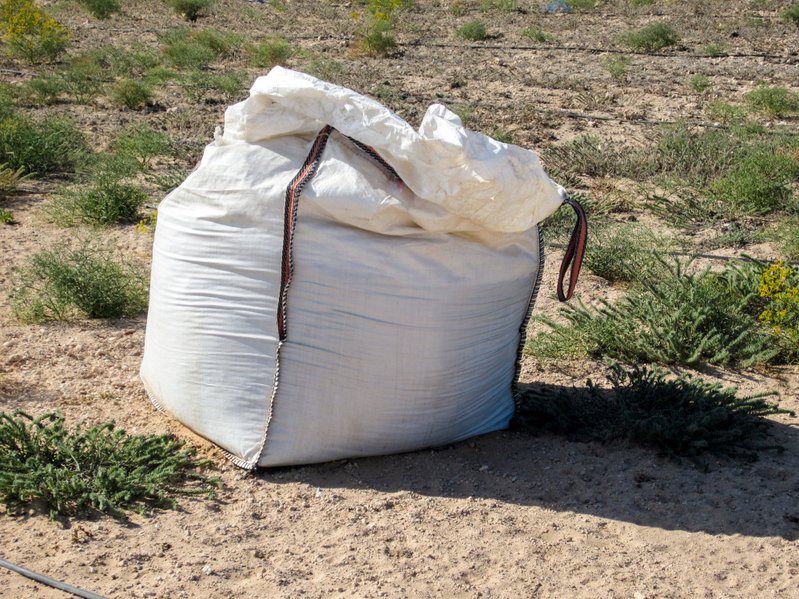
British farmers have been hit by additional fertiliser costs of £1.45 billion since the Russian invasion of Ukraine, the second anniversary of which is this week.
Fertiliser prices spiralled ahead of and following the invasion, hitting unprecedented highs in summer 2022, new analysis published today (19 February) shows.
The price of gas soared because of the Russian invasion and gas is heavily used in the production of many fertilisers.
Prices for ammonium nitrate, the main fertiliser used by British farmers hit £870 per tonne in September 2022, compared to an average price per tonne of £217 in 2020.
Based on an analysis of monthly fertiliser price and usage data, the Energy and Climate Intelligence Unit (ECIU) has calculated that farmers spent around £1.42 billion on fertiliser in 2022, and £964m in 2023.
Compared to the £470m spent in 2020 – the last year of ‘normal’ prices before the gas price crisis – this means that farmers have spent an estimated £1.45 billion more on fertiliser since February 2022 than they would if gas and fertiliser prices had remained at pre-crisis levels.
Tom Lancaster, land analyst at ECIU said: “Farmer protests are in the news, and one of the commonly cited reasons is the price they are having to pay to grow their crops and feed their animals.
"Farmers have been paying a ‘gas price penalty’ on fertiliser, and the bad news is that seems set to continue into 2024."
Although fertiliser prices have come down from the peak of 2022, they have plateaued at 50% above pre-crisis levels since May 2023.
If this higher price is maintained throughout 2024, farmers are projected to spend £755m on fertiliser this year, £285m or 60% more than they would have spent in 2020.
With gas prices projected to remain high for the rest of the decade, it is likely that higher costs are here to stay.
The high gas price was cited as the main reason for the closure of the UK’s largest ammonia plant at Billingham last year, leaving the UK dependent on imports for the main raw material used in chemical fertilisers.
According to ECIU, the government’s new green farming schemes that incentivise soil health should help to reduce the UK’s need for and dependence on foreign fertiliser imports.
In England, Defra’s new green farming schemes offer payments to farmers for legume fallows, cover crops and herbal leys, all intended to improve soil health and fertility.
In turn, these measures can reduce farmers reliance on expensive chemical fertilisers, replacing volatile imported nutrients with home grown fertility from healthy soils.
Mr Lancaster added: “Farmers have been hit hard as fertiliser costs soared, so schemes that reduce dependence on these chemicals can help to boost the UK’s food security.
"These schemes also help farmers to invest in hedgerows and trees that protect fields and livestock from extreme weather that is worsening with climate change, again protecting yields and improving productivity.”
